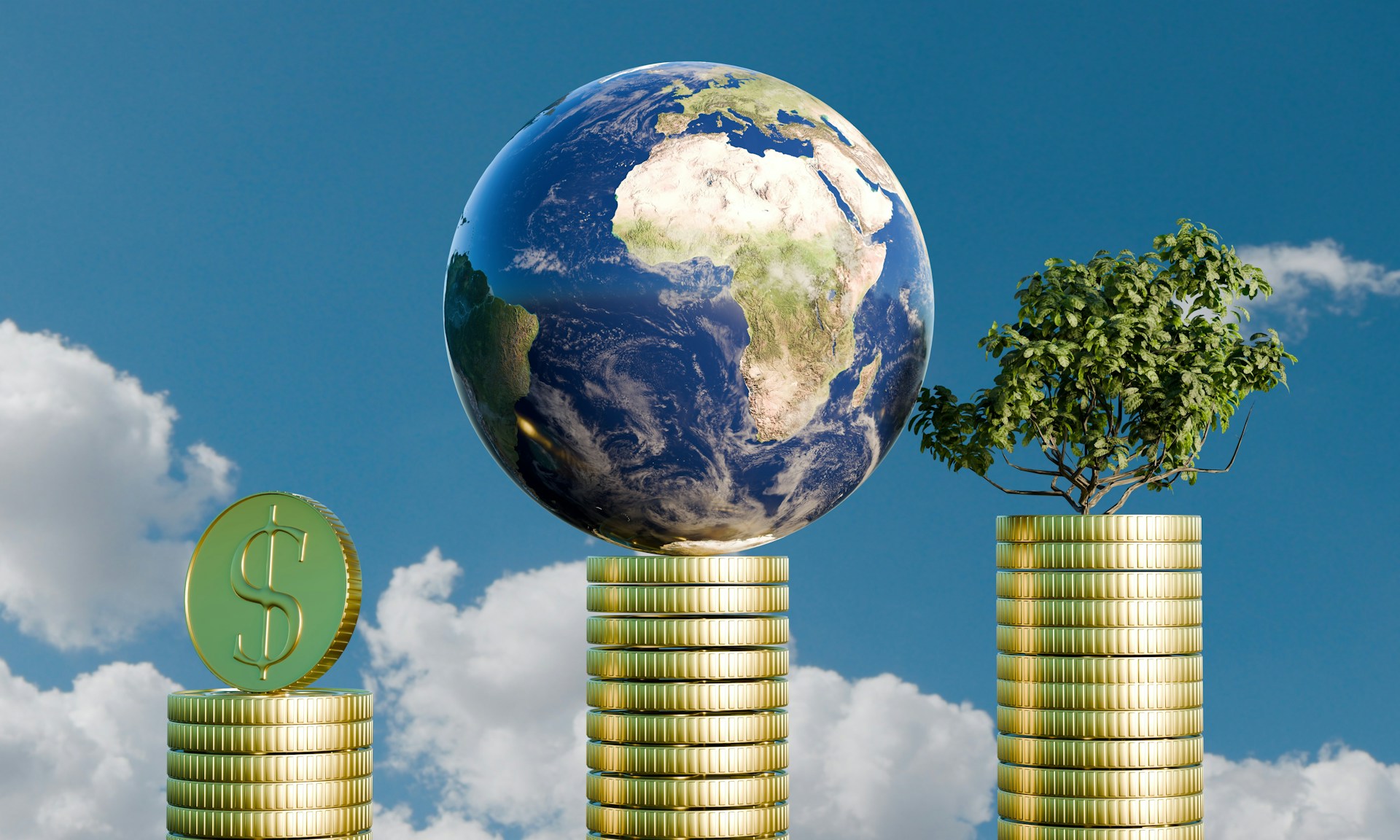
Climate change is no longer a distant environmental issue—it’s a growing economic challenge confronting governments, businesses, and communities worldwide. From rising infrastructure costs due to natural disasters to supply chain disruptions and insurance losses, the financial consequences of climate change are becoming impossible to ignore. Addressing these economic challenges is no longer just the responsibility of environmentalists; it’s a critical priority for leaders across sectors. As the climate crisis intensifies, so does the urgency to develop proactive strategies that stabilize economies while promoting environmental sustainability. This is where understanding and mitigating the economic impact of climate change becomes essential.
Global Markets and Financial Stability at Risk
Climate change is directly affecting the stability of global markets. Increasingly frequent and severe weather events—such as floods, droughts, hurricanes, and wildfires—damage infrastructure, displace populations and interrupt business operations. As a result, countries are facing soaring recovery costs and economic volatility.
The economic impact of climate change manifests through GDP losses, decreased agricultural output, reduced labor productivity due to extreme heat, and pressure on public resources for disaster response. Developing countries are especially vulnerable, often lacking the infrastructure or financial reserves to recover from climate-related disasters. However, even developed economies are seeing significant strain on healthcare systems, insurance markets, and energy supplies.
International financial institutions have begun warning of the long-term systemic risks climate change poses to the economy. These risks could trigger recessions, fuel inequality, and destabilize financial institutions worldwide if left unaddressed. That’s why more governments and central banks are integrating climate scenarios into financial risk assessments to protect long-term stability.
Industry Adaptation and Innovation
The business world is feeling the heat—both literally and figuratively. Industries that rely on natural resources, such as agriculture, fishing, tourism, and energy, are already seeing productivity and operating costs shifts. To manage the economic impact of climate change, companies are investing in adaptation and innovation strategies to build resilience.
Energy companies are shifting from fossil fuels to renewables to reduce carbon output and long-term costs. Manufacturers are redesigning supply chains to minimize exposure to climate-related disruptions. Financial institutions are factoring climate risk into their investment models, favoring green projects and disincentivizing carbon-intensive ventures.
This transformation has sparked a green economy boom, where sustainable technologies, clean energy, and environmentally responsible services are generating new jobs and opportunities. Companies that lead in climate innovation are gaining competitive advantages, attracting customers, talent, and investment. The economic risks are real—but so are the rewards for those who act early.
Government Policy and Fiscal Responsibility
Governments play a pivotal role in managing the economic impact of climate change through policies that encourage adaptation, resilience, and transition. Public investment in green infrastructure, sustainable transport, renewable energy, and disaster preparedness reduces climate risk and stimulates economic growth.
Carbon pricing mechanisms, such as carbon taxes or emissions trading systems, aim to shift economic behavior by holding polluters financially accountable. These tools also generate revenue that can be reinvested into clean energy projects and social programs, easing the transition for vulnerable communities.
Fiscal responsibility also involves preparing national budgets for climate resilience. This includes funding emergency relief efforts, climate-smart agriculture, and early-warning systems. The cost of inaction is increasingly higher than the cost of proactive policy. Leading economists agree that the global economy will lose trillions of dollars if climate change continues unchecked.
By embedding climate considerations into financial regulation, tax structures, and development plans, governments can reduce risk and guide economies toward sustainable prosperity.
The Role of Private Capital and ESG Investing
As awareness of climate change’s economic impact grows, so does the role of private capital in the fight against it. Environmental, Social, and Governance (ESG) investing has become a defining trend in global finance. Investors are looking for long-term value, and that means accounting for climate risk and sustainability.
ESG portfolios favor companies that take environmental responsibility seriously—reducing emissions, managing water use efficiently, and promoting renewable energy adoption. The result is an increasing flow of capital toward climate-smart solutions and startups that address key challenges like carbon capture, electric mobility, and regenerative agriculture.
Financial institutions are also developing green bonds and climate funds that direct investment toward projects with measurable environmental benefits. These funds help mitigate climate impacts and open new revenue opportunities in one of the fastest-growing sectors of the global economy.
Incentivizing ESG adoption and fostering partnerships between the public and private sectors is critical for financing climate action. The magnitude of change required cannot be achieved without aligning capital markets with environmental goals.
A Future Built on Economic Resilience
There is no single solution to the economic impact of climate change, but the path forward is clear: resilience. Investing in climate adaptation now can prevent far more significant costs. Building resilient infrastructure, transforming energy systems, and supporting innovation are not just climate strategies but economic strategies.
Business and policy leaders must continue to shift from short-term thinking to long-term sustainability. The transition to a low-carbon economy is not without its challenges, but it offers unprecedented opportunities for job creation, innovation, and global collaboration.
Education and workforce development will play an essential role in this shift. Workers must be trained in green technologies and climate science to fill the growing number of roles in sustainability-focused industries. This human capital investment supports economic growth and ensures an inclusive, equitable transition.
Economic resilience in the face of climate change is not a luxury—it’s a necessity. And those who lead the charge today will define the prosperity of tomorrow.